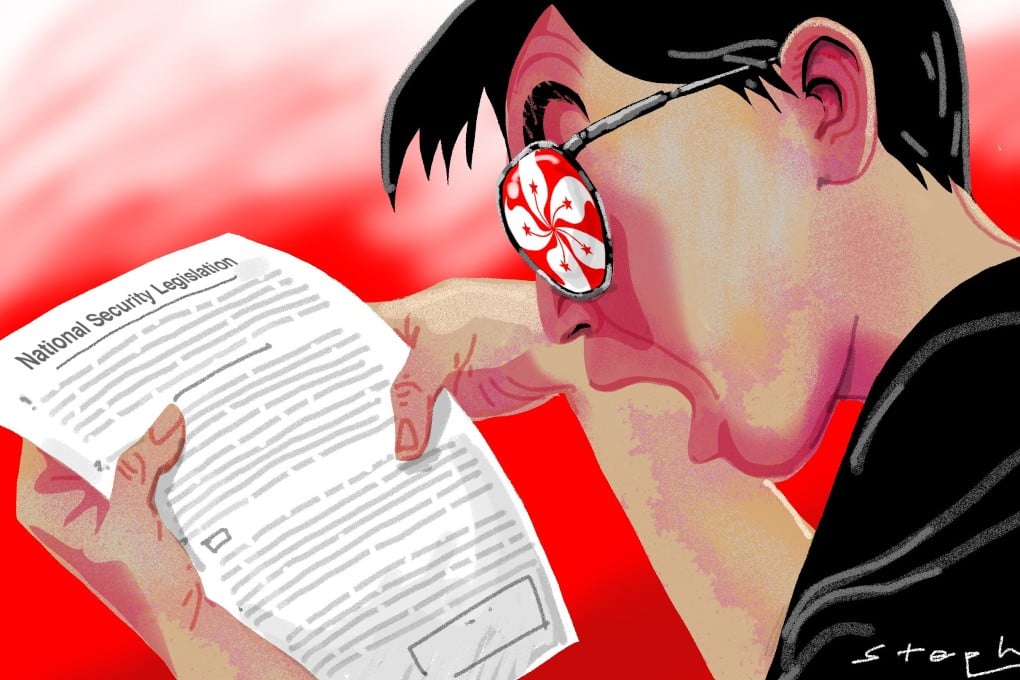Advertisement
Opinion | Distrust of China has blinded Hongkongers to Beijing’s intent in pushing a national security law for Hong Kong
- The draft decision, when passed, will initiate the long-delayed passage of a Hong Kong law to safeguard the nation from subversion and foreign interference. It comes after months of violent unrest and challenges to state power that have worried Beijing
Reading Time:4 minutes
Why you can trust SCMP

Is there a right to undermine the safety and territorial integrity of your own country? Put the question this way, and few people in their right mind would say yes. But if you ask: is there a right to insist on your political beliefs even if it means the destruction or disintegration of communist China, a lot of people would jump up and say yes!
Advertisement
So it should surprise no one that the draft decision put forward last Friday during the third session of the 13th National People’s Congress to introduce a national security law for Hong Kong was met with strong condemnation both within and outside Hong Kong.
US Secretary of State Mike Pompeo said immediately that the resolution was a “death knell” for Hong Kong’s freedoms. Opposition leaders in Hong Kong announced “the death” not just of “one country, two systems” but also the rule of law. And they have not even seen the proposed legislation.
First, let’s get one thing straight: no freedom is above national security. The International Covenant on Civil and Political Rights makes that plain. The rights under Article 12 (right of movement), Article 13 (right to remain in a place), Article 14 (right to an open trial), Article 19 (right of expression and of the press), Article 21 (right of peaceful assembly), and Article 22 (right of association) of the covenant are all expressly stated as subject to legal restrictions on the grounds of national security.
It follows that the mere fact of the enactment of a national security law cannot be said to be an erosion of individual rights, let alone the rule of law.
Advertisement
It is important to see the resolution for what it is. It is a decision empowering the NPC Standing Committee to legislate. It is not a piece of legislation. The first three points of the draft are basically political rhetoric.

Advertisement
